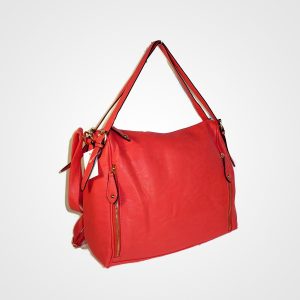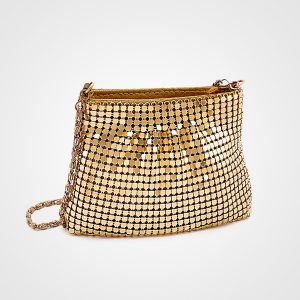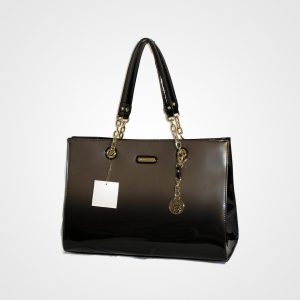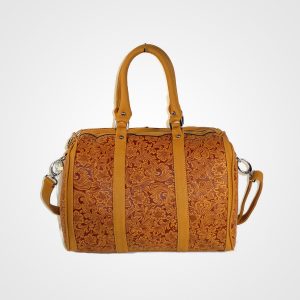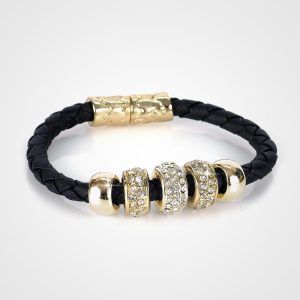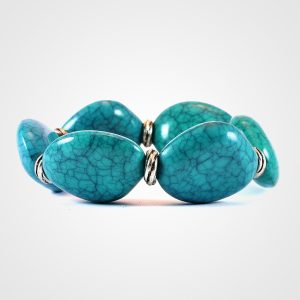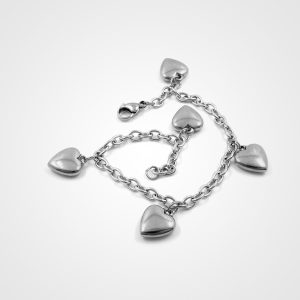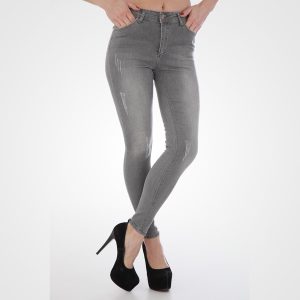
Brandstore
Your marvellous tagline goes here
'

Brandstore
Your marvellous tagline goes here
- Summer Sale
- Acessories
- On Sale 30% off
- New Arrivals
- Trending
- Black Friday
- Discount Codes
- Men
- Woman
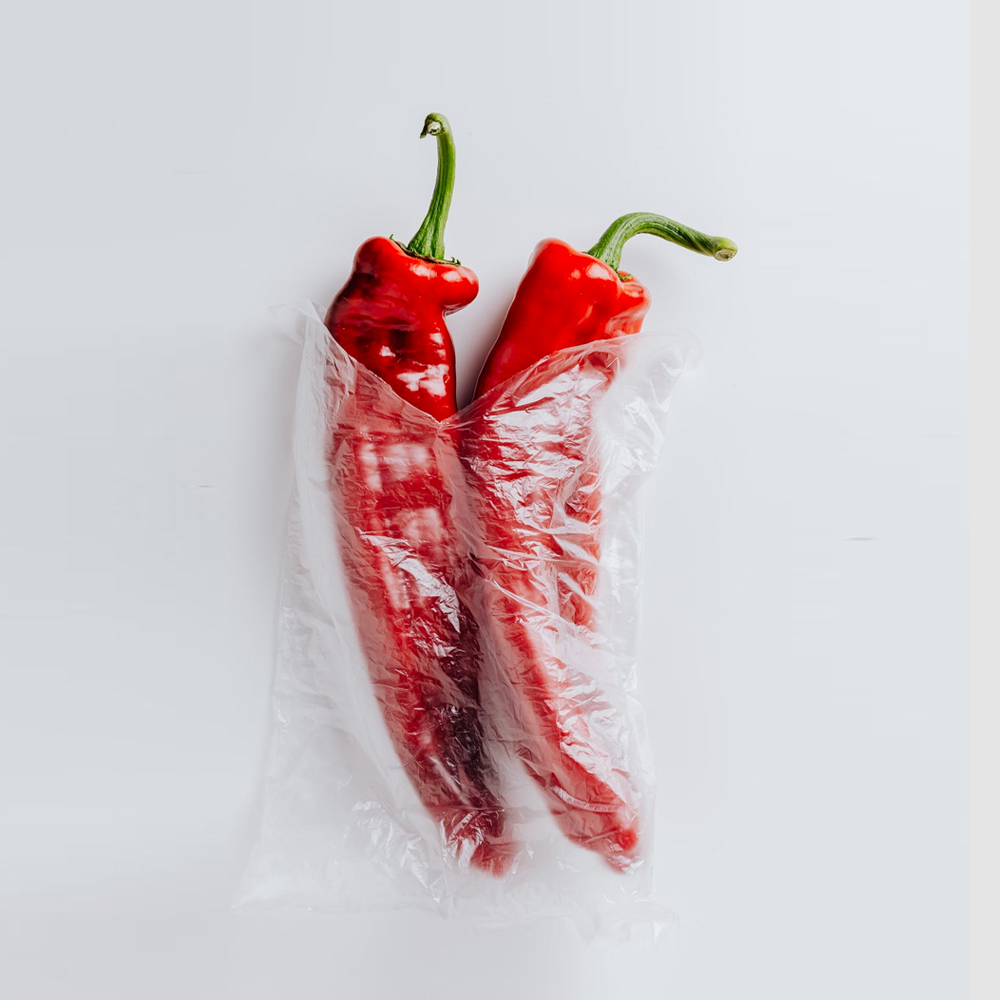


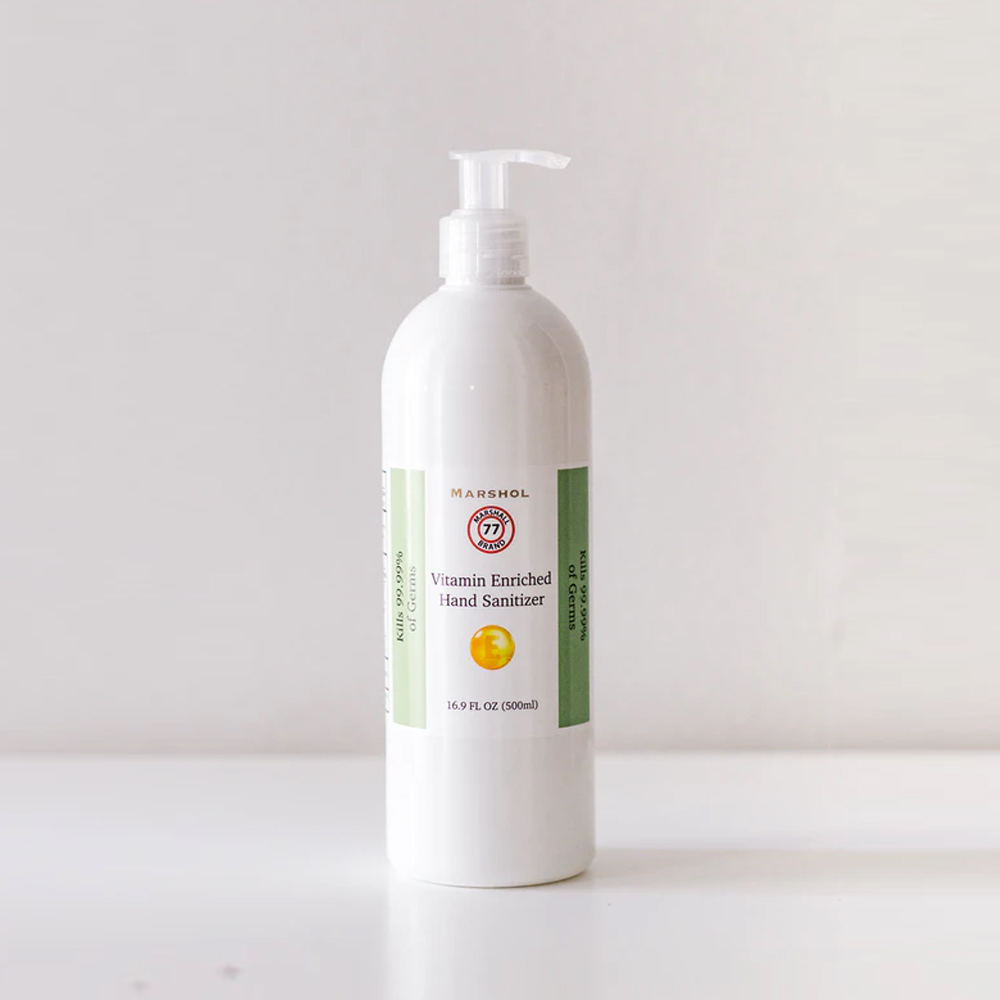

Free Shipping
Lorem ipsum dolor sit amet, consectetur adipiscing elit.
Fast Delivery
Lorem ipsum dolor sit amet, consectetur adipiscing elit.
24/7 Support
Lorem ipsum dolor sit amet, consectetur adipiscing elit.
New Arrivals
Product Categories
Featured Products
Limited Time Offer
Special Edition
Lorem ipsum dolor sit amet, consectetur adipiscing elit. Ut elit tellus, luctus nec ullamcorper mattis, pulvinar dapibus leo.
Buy This T-shirt At 20% Discount, Use Code Off20




